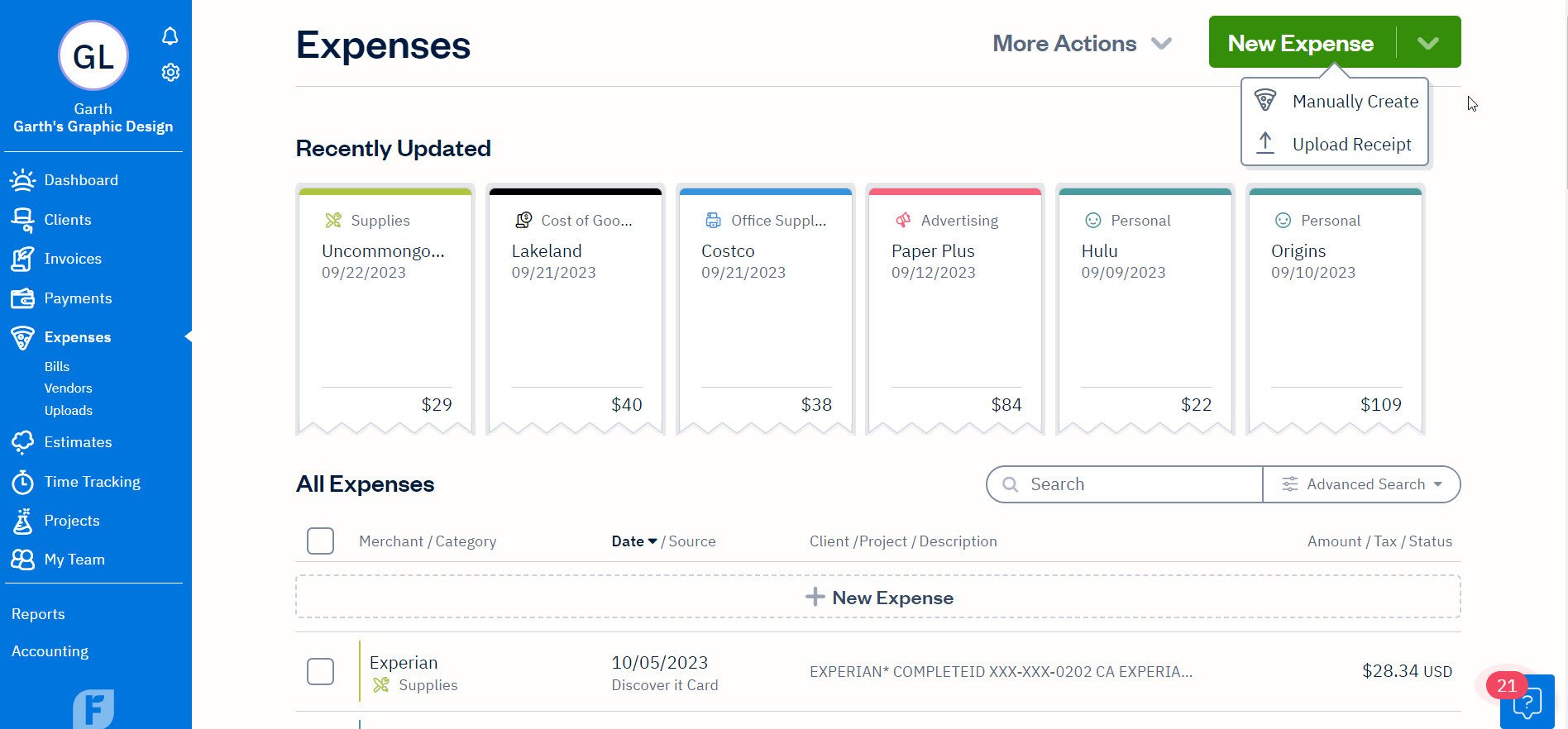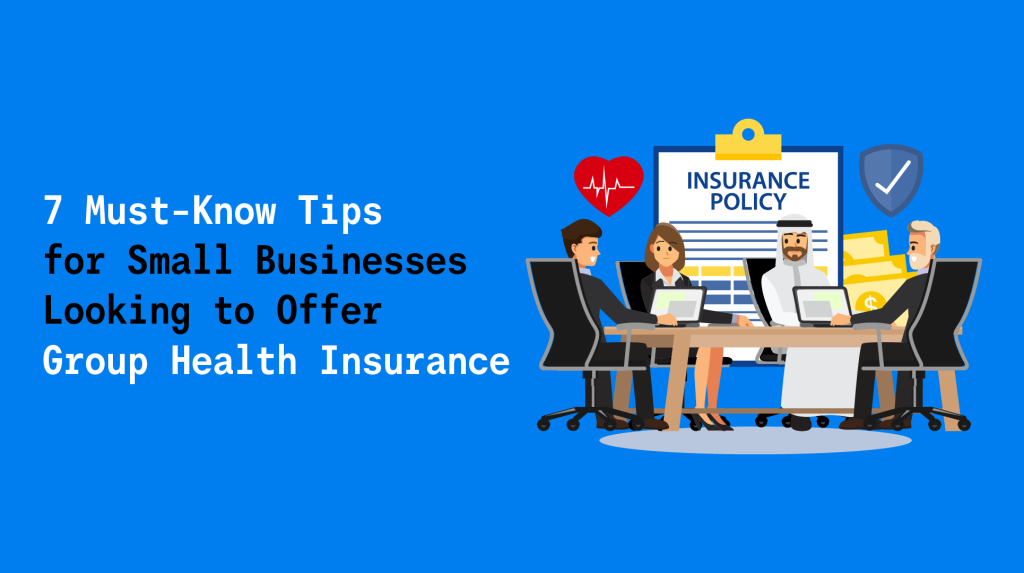Pain After Car Accidents: Understand Your Aches
A car accident can leave you with a whole lot of pain in your body. From minor aches to severe, debilitating pain, you may be wondering what’s going on and how to make it stop. Well, we’re here to help.
Types of Pain
The pain you experience after a car accident can vary greatly depending on the severity of the accident and the areas of your body that were injured. Some common types of pain include:
Whiplash is a neck injury that occurs when your head is suddenly jerked back and forth. This can cause pain, stiffness, and headaches.
Back pain is another common complaint after a car accident. The impact of the accident can put a lot of stress on your spine, leading to pain, stiffness, and muscle spasms.
Headaches are also common after a car accident. These headaches can be caused by a variety of factors, including concussion, whiplash, and muscle tension.
Chest pain is another potential problem after a car accident. This pain can be caused by a variety of injuries, including broken ribs, bruised lungs, and heart problems.
Abdominal pain is also a possibility after a car accident. This pain can be caused by a variety of injuries, including internal bleeding, bowel perforation, and kidney damage.
Pains After Car Accidents: A Guide to Diagnosis and Treatment
If you’ve ever been in a car accident, you know that the aftermath can be painful. Whether it’s a minor fender bender or a major collision, the impact can cause a variety of injuries, including strains, sprains, bruises, and broken bones. These injuries can lead to pain, stiffness, and difficulty moving.
If you’re experiencing pain after a car accident, it’s important to seek medical attention as soon as possible. Your doctor will be able to diagnose your injuries and recommend the best course of treatment. In some cases, pain may resolve within a few days or weeks. Others may require more extensive treatment.
Diagnosis and Treatment
Pain after a car accident can be treated in many ways. Your doctor’s first goal is to diagnose the underlying problems causing the pain. They’ll ask for your medical history, perform a physical exam, and may order tests such as X-rays or MRIs.
Once the source of your pain has been identified, treatment can be tailored for you. This plan may include rest, ice, compression, and elevation. Pain relievers can also be helpful for managing discomfort. In some cases, physical therapy or chiropractic treatment may be used to restore range of motion.
If your pain is severe or does not improve with conservative treatment, surgery may be necessary. Surgery can be used to repair damaged tissues, remove bone spurs, or relieve pressure on nerves. However, it’s important to note that surgery is not always the best option. It should only be considered if other treatments have failed to provide relief.
Symptoms
The symptoms of pain after a car accident can vary depending on the severity of your injuries. Some people may experience only minor discomfort, while others may suffer from severe pain that makes it difficult to do ordinary tasks. Even a seemingly minor injury can cause debilitating pain. So, if you’re experiencing any pain after a car accident, don’t hesitate to get it checked out.
Prevention
The best way to prevent pain after a car accident is to never get in one! Unfortunately, that’s not always possible. If you do find yourself in an accident, there are some things you can do to reduce your risk of developing pain. These include:
When to Seek Medical Help
If you are experiencing pain after a car accident, it is important to seek medical attention as soon as possible. This is especially true if you have any of the following symptoms:
If you are experiencing any of these symptoms, it is important to seek medical attention immediately. These can be signs of a serious injury.




Leave a Reply